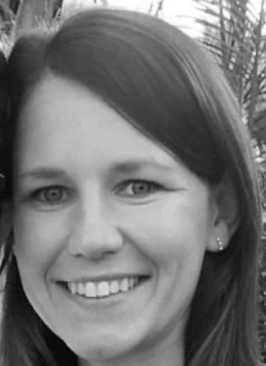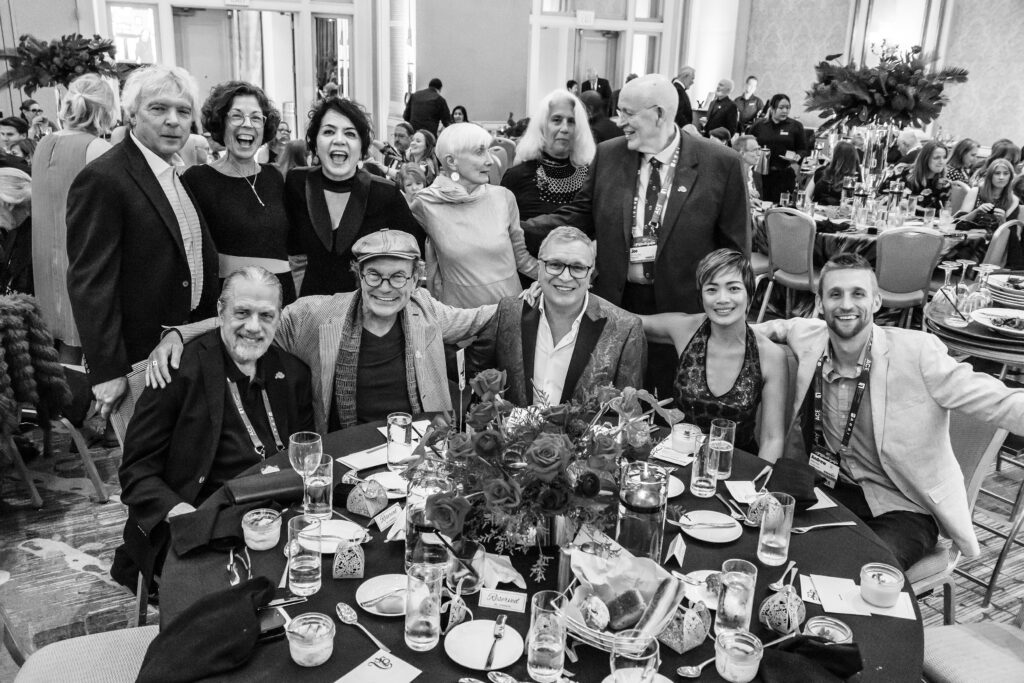SABA 2023 Innovative Student Research, Doctoral Dissertation: Carolyn Ritchey

Carolyn Ritchey holds two Master’s degrees and is a BCBA. She currently is a PhD candidate working under the direction of Dr. Chris Podlesnik. Her dissertation project will introduce a novel laboratory procedure for examining resurgence of avoidance for the first time, while also quantitatively characterizing learning processes that contribute to relapse of avoidance using reinforcement learning models. The project will inform clinical practice by suggesting novel approaches to treating Social Anxiety Disorder and mitigating relapse following social exclusion.
Resurgence comprises increases in a previously reinforced target response – such as social avoidance – when conditions worsen for an alternative response, such as approaching others. For example, if approaching others leads to being ignored or rejected, this could produce a resurgence of avoidance that jeopardizes prior treatment gains. Thus, resurgence occurs with unexpected changes in contingencies or volatility inherent in social environments. Despite significant clinical implications, no empirical studies have examined resurgence of avoidance.
Carolyn’s project will introduce a novel social exclusion paradigm. In this paradigm, participants will play a social game, with virtual players making decisions about whether or not to share jokes with the participant. Approaching other players could result in one of three outcomes. Players could (1) opt to share a joke with the participant (inclusion) or (2) view the joke only amongst themselves (exclusion). Alternatively, participants could be informed that (3) a research assistant overseeing the game did not choose a joke, and, as a result, there is no joke to be shared (extinction). Avoidance could result in (1) forgoing the opportunity to learn whether one was included or excluded or (2) extinction. Specific research questions (RQs) are listed below and will be addressed in two experiments using group designs. Carolyn plans to use multilevel modeling techniques to characterize the degree to which the group means apply to individuals.
RQ 1: Does social approach-avoidance behavior flexibly shift with changes in social contingencies? In other words, does avoidance increase when approaching others likely results in exclusion? Does avoidance decrease when approaching others likely results in inclusion?
RQ 2: Does resurgence of social avoidance occur when approaching others results in less favorable outcomes – for example, when approaching others initially leads to inclusion but later results in extinction?
RQ 3: Does more intermittent social reinforcement (more extinction) for approaching others increase resurgence of social avoidance? That is, does more extinction result in more avoidance?
RQ 4: Does greater success in recent social interactions paradoxically precipitate a greater relapse effect when a person encounters a social setback later, as implied in the resurgence literature? Specifically, do more experiences of social inclusion for approaching others lead to more avoidance when approaching others later results in extinction?


